Coordination

Marta Peters Oliveira. Researcher, R&D Unit Center for Studies in Architecture and Urbanism (CEAU) of the Faculty of Architecture of the University of Porto (FAUP); Associate Professor, FAUP (-2023). PhD in Architecture by the University of Porto; degree in Architecture by the High School of Fine Arts. Director of the PhD Program in Architecture (PDA)-FAUP (2017-2023); member of the Scientific Council (2006-2022). Teaching activity at FAUP (1984-2023): Master in Architecture/Degree pre-Bologna (History of Portuguese Architecture; Architectural Conservation); PDA (Seminar of Thesis Project; Methods of Research; coordinator of the PDA-Option of Studies B-Architecture: Theory Project History); Advanced Studies in Architectural Heritage (Theory and History of Architectural Conservation). At the R&D Unit CEAU, Coordinator of the research group Architecture: Theory Project History (2013-2023): PI/Team member in research projects; Advisor (PhD; MSc; post-doctoral research). Areas of research: Territory and Architecture; Theory and History of Architecture; Architectural principles and Design; Portuguese Architecture; Architectural Conservation.
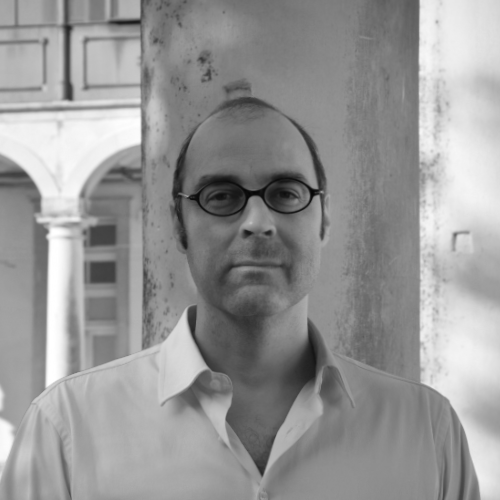
Sidh Losa Mendiratta is an auxiliary professor in the Department of Architecture of Lusófona University of Porto, where he holds the chair of History of Portuguese Architecture since 2012. He holds a PhD in Architecture from the University of Coimbra, 2012 (summa cum laude). He is a senior researcher in the Centre for Social Studies, University of Coimbra since 2018, where he is also a member of the Ethics Committee since 2023. He is the coordinator of the research project ID-SCAPES. Building Identity: Religious Architecture and Sacral Landscapes of Christian Minorities in India and Bangladesh (ERC-2023-COG/101125057) funded by the European Research Council (2024-2029). Specializing in cultural heritage of Portuguese influence in South Asia, he has conducted twenty-seven geo-referenced topographic surveys of archaeological sites in India. He is the author of two books, and has presented more than sixty papers in scientific events. Author of the article “An Early Modern Sacro Monte in Mumbai” for the Journal of the Society of Architectural Historians. Fernando Távora prize laureate, 8th edition by the Order of Architects of Portugal. Rosann S. Berry prize, 2008 by the Society of Architectural Historians.
Consultants
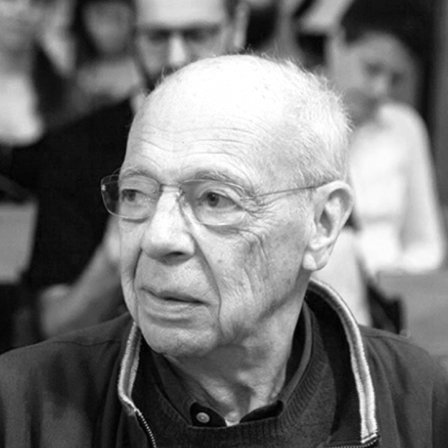
Alexandre Alves Costa is Full Professor Emeritus in the Faculty of Architecture, University of Porto. His main topic of scholarly interest is the study of Portuguese architecture and urban settlements, having written extensively on Critic, History and Theory of Architecture. He is particularly interested in questions of national identity and how these shaped the Portuguese built presence in diverse locations around the world, an architectural coherence that one can find in places like Brazil, Africa or Asia. By addressing the presence of architecture in the wider context of Portuguese art and culture, he became particularly interested in developing research on the intersections between architecture and film in the cultural, social and political context of the years before the Portuguese revolution of 1974. He is a member of the editorial board of Monumentos (DGPC). Between 1996 and 2007 he was member of the evaluation panel in the area of Urbanism, Architecture and Design (coordinator 2004 and 2005) at Fundação para a Ciência e a Tecnologia (FCT). He is a Grande-Oficial of the Portuguese Military Order of Sant’Iago da Espada.
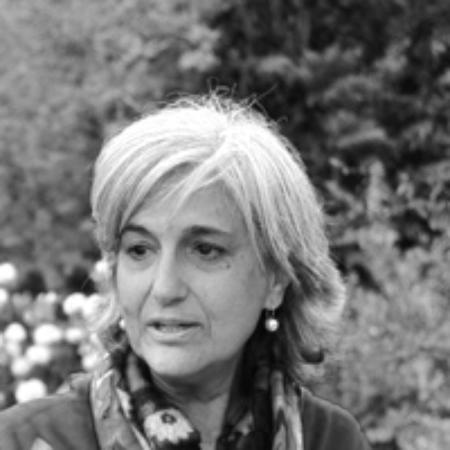
Aurora Carapinha is an Assistant Professor in the Department of Landscape, Environment and Planning at the University of Évora, and an Integrated Researcher at CHAIA-Center for Art History and Artistic Research. She received her PhD in Landscape Architecture from the University of Évora in 1996. She is the author of 4 books, 7 articles in scientific journals and 14 book chapters. She has supervised 8 doctoral theses and co-supervised 7. She has supervised 19 master’s dissertations. Throughout her career, she has dedicated herself to research in the field of Theory and Criticism of Landscape Architecture and to the development of various projects related to landscape and public spaces, namely gardens. In 2021, she was awarded the Ribeiro Teles Prize created by his family in partnership with the Portuguese Association of Landscape Architects, the Order of Engineers, the Higher Institute of Agronomy of the University of Lisbon, the University of Évora and the Causa Real.
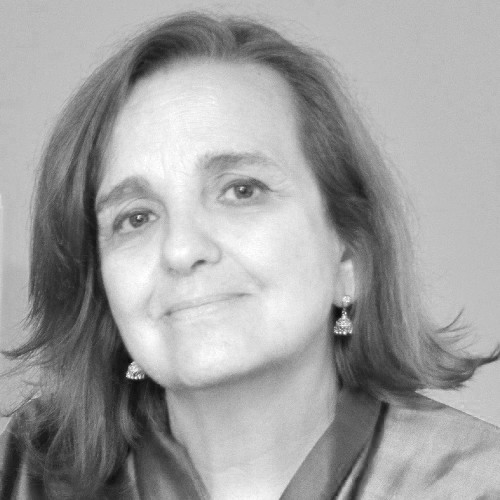
Rosa Maria Perez is a Professor in the Department of Anthropology of ISCTE- University of Lisbon Institute and a researcher at CRIA – Center for Research in Anthropology. Since 2011 she has been a visiting and chair professor (Anthropology) at the Indian Institute of Technology (Gandhinagar). Her core research is on Indian society and social segregation (with special focus on Dalit and women), women studies, colonialism and post-colonialism in India, fieldwork methodology, public anthropology and human rights. Perez is a member of the board of advisers of the South Asia Democratic Forum- EU (SADF), a consultant of the Commission for Gender Equality and the Empowerment of Women (United Nations) and the European Alliance for Asian Studies (EAAS). She is a reviewer of the European Research Council (ERC) and of the National Foundation for Science and Technology (FCT). She is a member of the editorial board of Portuguese and international scientific journals.
Researchers
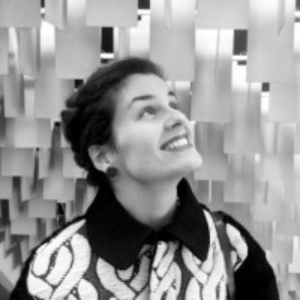
Ana Alexandra Oliveira Brett completed her Master’s degree in Architecture at the Department of Architecture of the University of Coimbra (DARQ-UC) in 2010 and has since worked at the architecture studios Arquiporto, in Porto, and Oualalou+Choi, in Paris. In 2015, he collaborated for five months at the Charles Correa Foundation in Pangim, Goa, and later co-founded the studio Atelier R&B based in Coimbra. In 2022 she started the PhD Programme in Architecture 2022-23 at the Faculty of Architecture of the University of Porto (FAUP), where she is currently enrolled. Her project thesis is part of the research project “PORTofCALL”, with the theme “Beyond Old Goa. Cartographies of Tiswadi Island”.

Antonieta Reis Leite is a senior researcher and vice-director of the Centre for Social Studies, University of Coimbra, where she is part of the group “Europe and the Global South: heritage and dialogues”. She is an invited professor at dARQ University of Coimbra. She won a CEEC FCT individual funding (2018). She graduated in architecture from the University of Coimbra in 2000. She obtained her PhD in 2012 from the University of Coimbra with research on the history of the built environment of the Azores in relation with the process of settlement of the islands from the 15th century. She has worked on the process of construction of the Portuguese Atlantic world, focusing the process of colonisation of the Atlantic coast and islands in the early modern period, and on the understanding of peripheral areas of the Atlantic world. She is the author of a book, scientific articles and book chapters.
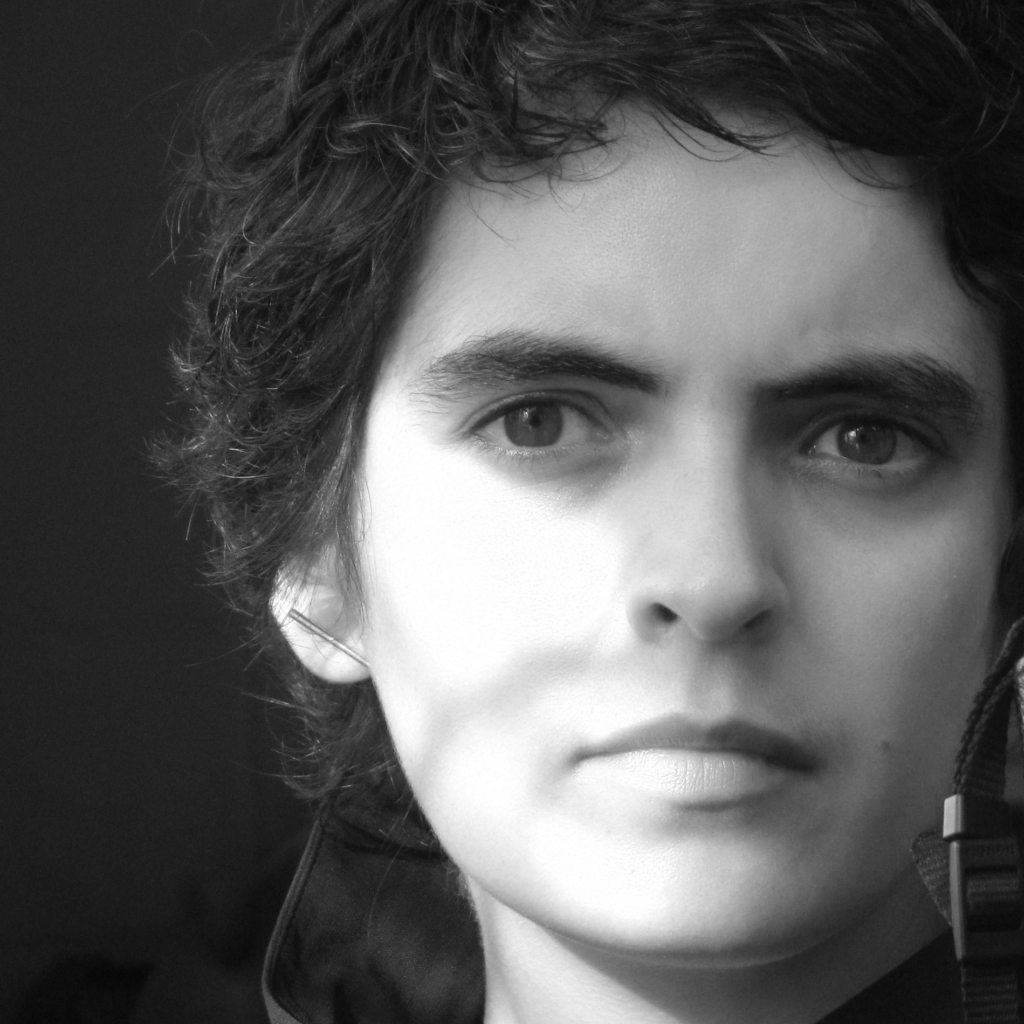
Filipa Guerreira is an architect, lecturer at FAUP and researcher of the group ‘Architecture: Theory Project History’ of CEAU-FAUP. Graduated from FAUP in 2000. Erasmus student at IUAVenezia and internship with Álvaro Siza. She holds a PhD from FAUP with the thesis ‘Colónias Agrícolas Portuguesas Construídas pela Junta de Colonização Interna entre 1936 e 1960. a Casa, o Assentamento, o Território’ (2016), published by Dafne in 2022. She was part of the IHRU Project ‘Housing: 100 years of Public Policies in Portugal, 1918 | 2018’, and coordinated, in Portugal, the project ‘Emerging Cities’. She is part of the platform ‘NEB goes South’ and the editorial project ‘Cidade participada: arquitectura e democracia. SAAL operations’. Member of the Executive Council of FAUP since 2018. She was a member of the Board of Directors of OASRN between 2005 and 2010. Created in 2008 the Atelier da Bouça with Tiago Correia, with whom she has worked since 1998.
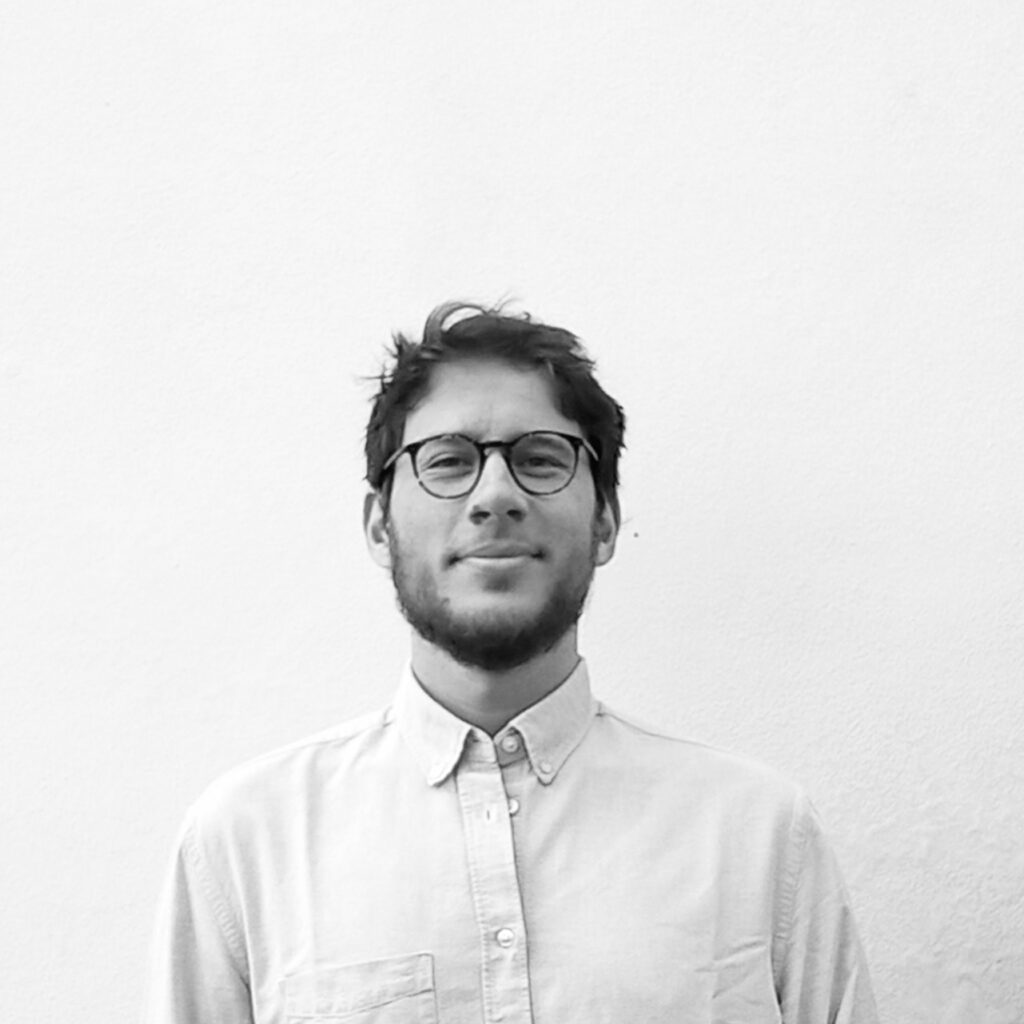
Giuseppe Resta is a researcher at the Faculdade de Arquitectura da Universidade do Porto (PORTofCALL project). He previously held teaching positions at Yeditepe University, Istanbul (2021-23) and Bilkent University, Ankara, TR (2019-21) as an assistant professor; at Politecnico di Bari, Bari (2019) as an adjunct professor; and at Polis University, Tirana (2017) as lecturer. Resta received his Ph.D. in architecture from Università degli Studi RomaTRE, Roma, IT (2017) and his M.Arch from Politecnico di Bari, Bari, IT (2013). He is the owner and curator of Antilia Gallery (IT) and co-founder of the architecture think tank PROFFERLO Architecture (IT-UK). His latest monographic books are “Journey to Albania: Architectures, expeditions and landscapes of tourism” (Accademia University Press, 2022) and “Jean-Christophe Quinton. A few houses and shelters 2002-2021” (Libria, 2021). Resta is a co-leader of the COST Action CA18126 “Writing Urban Places” and member of the COST Action CA18137 “European Middle Class Mass Housing”.

João Carlos Garcia is an Associate Professor with Aggregation at the Faculty of Arts and Humanities – University of Porto. PhD in Geography from the same University in 1996 with the thesis “A navegação no Baixo Guadiana durante o Ciclo do Minério, 1857-1917″. Graduated in Geography from the Faculty of Arts and Humanities of the University of Lisbon in 1981. He is a member of the Scientific Council of the Master in History and Heritage (FLUP) and of the Scientific Council of the Degree in Geography (FLUP). He is a member of the Ethics Committee of the University of Porto. He is the author of several books and articles, specializing in History of Geography, Historical Geography and History of Cartography. He was the Principal Investigator of the project ” Leituras cartográficas sobre o Brasil dos séculos XVII e XVIII” (UP/USP-2015-34) 2016-2017. Researcher in several projects including “GEOCONFRONT – Conflictos fronterizos en España y America Latina (1840-2020): aproximaciones geohistoricas y actuals” (Ministerio de Ciencia y Innovación de España) 2021-2025 and “Trazar la línea: teoría y práctica de las delimitaciones fronterizas luso-franco-españolas (1750-1936)” (CSO2015 – 65301-P) 2016-2020.
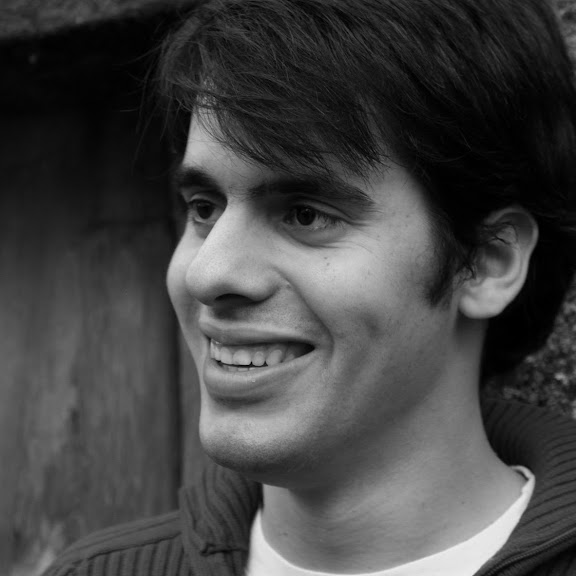
João Luís Marqurs holds a PhD from FAUP with the thesis “A igreja na cidade, serviço e acolhimento, arquitectura portuguesa 1950-1975” (2017). Erasmus student at the Istituto Universitario di Architettura di Venezia, he then did an internship in Barcelona, with Carlos Ferrater. He began his professional activity in Porto, collaborating with Camilo Cortesão, Serôdio Furtado and Correia Ragazzi, alongside the liberal profession he continues today. Researcher at the Centre for Architecture and Urbanism Studies – Architecture, Theory, Design and History group since 2013, he has been a collaborator at the Centre for Studies in Religious History of the Portuguese Catholic University since 2015. He has carried out consultancy works on built heritage. He is a member of the platform OARC – Observatory of Contemporary Religious Architecture, since 2018. He was a Guest Assistant (2013-2015), and is a Guest Assistant Professor (2018-present) of the curricular unit History of Portuguese Architecture, at MIarq-FAUP.
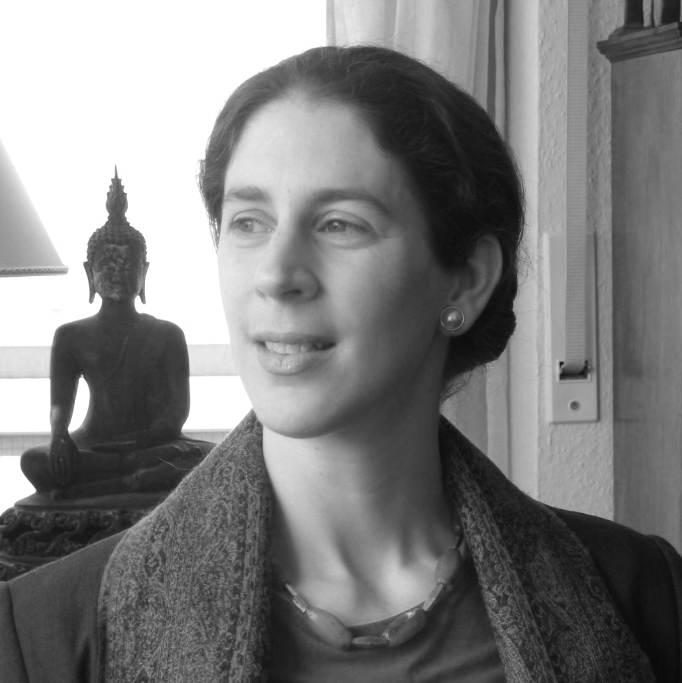
Julia A. B. Hegewald is Professor of Oriental Art History at the University of Bonn, Germany (since 2010). She did her Habilitation at the University of Aachen (RWTH), Germany, in 2008, holds a PhD in History of Indian Architecture from the School of Oriental and African Studies (SOAS), London, UK (1998), and an MA from the University of Oxford, UK (1998). She focuses on water architecture, Jaina temples, re-use theory, Himalayan art, city planning and dependency studies. She is the author of 3 monographs, 6 edited volumes, 77 academic articles, 5 book reviews and 15 articles in newspapers and magazines, and over 100 international and national lectures and presentations. She has 6 completed and 15 ongoing doctoral supervisions, and 44 Masters and 32 Bachelor theses as supervisor. She received the Prix en Études Indiennes from Fondation Colette Caillat in 2010, and the Distinguished Achievement Medal – Researcher of the Year from the University of Manchester, UK, in 2009.
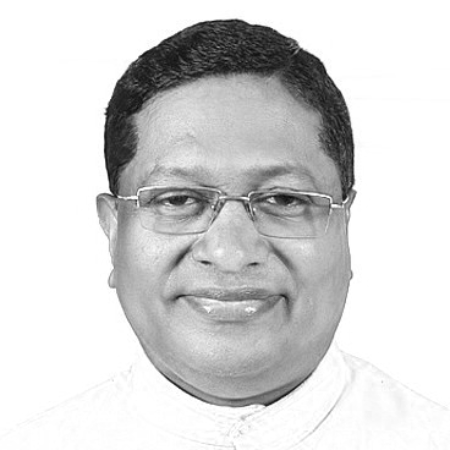
Pius Malekandathil is a historian and a priest of the Syro-Malabar Church. Since 2016 he is a professor at the Centre for Historical Studies, Jawaharlal Nehru University, New Delhi. He is a leading expert in medieval history of India and the Saint Thomas Christians of Kerala, and has been working on aspects of Maritime History, Medieval Indian Urbanity, Indian Ocean Studies, Material Culture, Early Modernity, Religion and Society in Medieval India, Trade and Mercantile Communities. He earned his PhD from the University of Pondicherry in 1998, and has held positions as lecturer in the St. Thomas College, Pala (1994-2000) and in Goa University (2000-2003). He is the author and/or editor of sixteen books and sixty-five chapters and/or articles, and has presented over a hundred papers in scientific events. He was the chief organizer of the XIV International Seminar of Indo-Portuguese History, held in New Delhi, 2013.

Ricardo Teixeira Duarte is Associate Professor of Archaeology in Universidade Eduardo Mondlane and is the director of the Archaeological Centre of Mozambique Island. He has published 3 books, 2 book chapters, and 8 articles in journals. He has participated in several research projects as a researcher and/or coordinator, including: Swahili Sites: Rescue Archaeology (2012); Maritime Archaeology in Inhambane (2014); and Slave Wrecks Project (2008-2014).
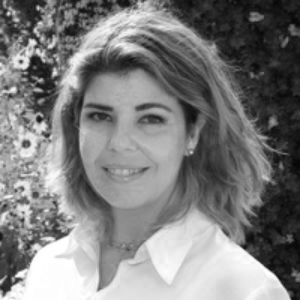
Susana Matos Abreu is a post-doctoral researcher at the Centre for Architecture and Urbanism Studies (CEAU) of the Faculty of Architecture, University of Porto. PhD in Art History from the Faculty of Letters, University of Porto. She was a collaborating researcher at the Centre for Population, Economy and Society Studies.
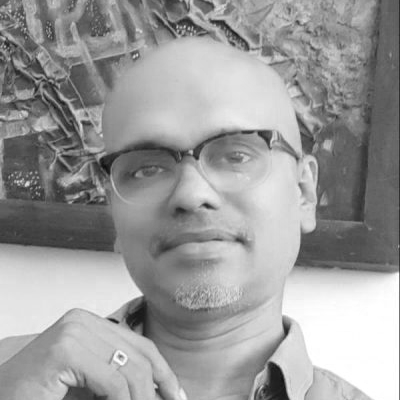
Thamotharampillai Shanaathanan completed a Bachelor in Fine Arts and Masters in Fine Arts in painting from the College of Art in Delhi. Sanathanan’s art practice traces loss, memory, home and the self. His work involves various disciplines; research, documentation, and oral history that explore complex issues related to Sri Lanka’s civil war. With Raking Leaves, a curatorial publishing organization, he produced a book documenting people’s lived experiences and feelings about displacement alongside artistic interpretations of these stories. His works such as Incomplete Thombu and Cabinet of Resistance are today some of the most recognized artistic representations of Jaffna and its recent history. Solo exhibitions of his work have been held in 1998, 2001 and 2006 in Colombo in Sri Lanka and he has been a part of group exhibitions in Jaffna and Colombo in Sri Lanka and in the UK. His most recent show was in Vienna (in 2008-09) 2008-2009, ‘Artful Resistance: Crisis and Creativity in Sri Lanka. Museum of Ethnology, Vienna.

Vikas Dilawari is a practicing conservation Architect with nearly three decades of experience in the field of Conservation. He has done his double Masters in Conservation from School of Planning and Architecture (New Delhi) and from the University of York (with a distinction). He was the Head of Department of Conservation Department at Kamla Raheja Vidyanidhi Institute of Architecture (KRVIA), Mumbai from its inception in 2007 till Aug 2014. His practice has successfully executed over fifty conservation projects ranging from prime landmarks to unloved buildings of Mumbai. A total of eighteen of his projects have won the UNESCO ASIA PACIFIC Awards for Cultural Preservation in South East Asia. His recent projects includes the restoration of Chhatrapati Shivaji Maharaj Vastu Sangrahalaya, Mumbai (CSMVS) for its Centenary year, the Flora Fountain, a grade I building of Mumbai for the MCGM. Architect Dilawari has lectured and written extensively on the subject of Conservation, nationally and internationally.
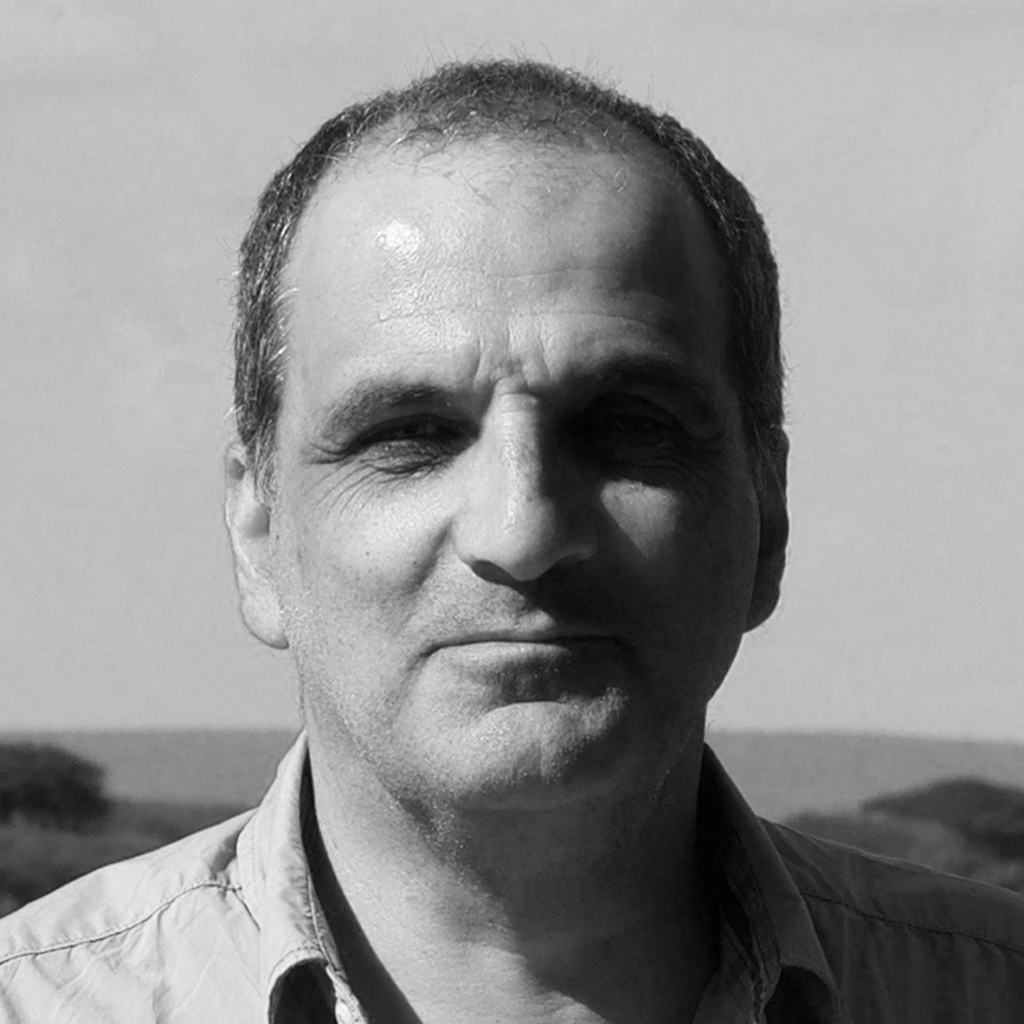
Walter Rossa is a Portuguese architect (1985), master in History of Art (1991), Ph.D. and aggregated in Architecture (2001 and 2013). He is a full professor at the Department of Architecture and researcher at the Center for the History of Society and Culture of the University of Coimbra. At UC, he co-coordinates the Ph.D. program Heritages of Portuguese Influence (2010); holds the UNESCO Chair in Intercultural Dialogue in Heritages of Portuguese Influence (2019); and teaches courses on cultural heritage, town planning, urban design and history and research in architecture. He was a visiting professor at several national and foreign universities and has supervised 80 academic dissertations, including 15 Ph.D. He co-holds the Cunha Rivara Chair at the Goa University and is an Expert Member of ICOMOS. Beyond his activity as a practicing architect and town planner, Walter Rossa researches the theory and history of architecture and urbanism, especially on town planning, the landscapes and cultural heritage of the former Iberian colonial world.
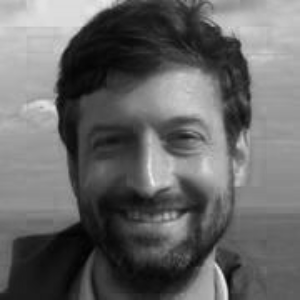
Zoltán Biedermann (PhD, École Pratique des Hautes Études, Paris / Universidade Nova de Lisboa, 2006) is Professor of Early Modern History in the University College London, since September 2013. He was Lecturer in Iberian Studies in Birkbeck College from 2009 to 2013. Between 2003 and 2006 he coordinated the international research project “Historical Cartography of the Persian Gulf” at the École Pratique des Hautes Études in Paris. He has been involved in numerous collaborative research projects, including “Global History and Microhistory” (AHRC – Oxford, Florence and Warwick) and “Comentarios de Don García de Silva y Figueroa” (Universidade Nova de Lisboa). He is also a co-editor of the Maritime Asia book series at Harrassowitz. He is attached to CHAM (now Centre for the Humanities) and the Centre for Early Modern Exchanges at UCL. He is the recipient of the Ronald Tress Prize for Research Excellence (2012). He became a Fellow of the Royal Historical Society in May 2019.
Research Scholars

May 2023-November 2023
Carlota Branco Gama Ladeira de Oliveira, born in Coimbra, is an architecture student and junior researcher at the Centre for Social Studies of the University of Coimbra. She is currently in the final year of her master’s degree in Architecture at the Faculty of Architecture of the University of Porto. She did a short-term internship at Depa Architects (2021) where she helped develop a multi-family housing project and rehabilitation projects. She did an exchange programme in Florence at the Università degli Studi di Firenze (2022-2023). She is currently completing her master’s dissertation on the PORTofCALL project, focusing on the Calouste Gulbenkian Foundation’s work abroad in the context of rehabilitating Portuguese-influenced heritage. Valuing Portugal’s cultural and historical contribution to the world, she intends to contribute to understanding and valuing the cultural heritage of Portuguese influence.

May 2023-November 2023
Igor Viegas Outeiro (Viana do Castelo, 1999) is a student in the Integrated Master in Architecture of the Faculty of Architecture of the University of Porto (FAUP). He is carrying out his dissertation on the Fortress of Hormuz, in Iran, as a junior researcher at the Centre for Social Studies of the University of Coimbra (CES-UC) and has been a merit scholarship holder of the Calouste Gulbenkian Foundation since 2018. He carried out mobility periods, under the Erasmus+ Blended Intensive Programme, at Bauhaus-Universität Weimar (Germany) and, under the Erasmus+ Programme, at Kungliga Tekniska högskolan (Sweden), receiving a Santander ERASMUS scholarship in the latter.

May 2023-November 2023
Mónica Silva (1986) grew up and lived between Portugal and Switzerland until 1998. She studied art at the Soares do Reis School (Porto) and joined the Faculty of Architecture at the University of Porto in 2005, where she also became an architectural guide and, in 2012, an assistant professor of Construction II. For a year she attended the Faculty of Architecture and Physical Planning at Eduardo Mondlane University as part of an exchange programme. In 2012 she was a jury member for the Manobras Porto 2012 Open Call for Installations competition and in 2013 she was a speaker at the International Colloquium on Popular Architecture. Since 2012 she has been working on projects that combine architecture with research, education and artistic installation. Since 2018 she has been working as an architect in Sweden and since the beginning of 2023 she has been a member of the Council of the Östergötland Region of the Order of Architects.
